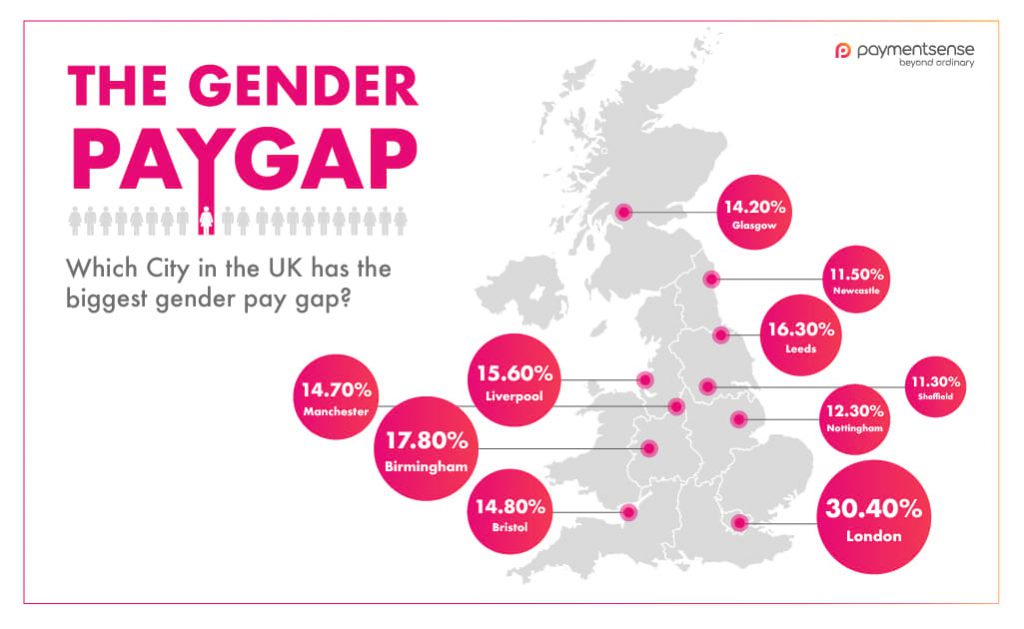How to evaluate your worth and increase it
There is more to life than money. During the pandemic, we have seen people step back, slow down and re-evaluate. Self-care and work-life balance were prioritised as many of us faced furlough or juggled family life and working from home. As a result, there has been a change in attitude as we recognise the importance of being flexible to someone’s changing circumstances and the importance of output over hours. Understanding our worth is also about discovering what we want from life, including the benefactors and rewards we value.
According to Cendex, almost half (47 percent) of HR professionals they spoke to say their employees ask for a pay review annually, with around 7 percent of employees requesting a review every six months. Sales, media, and marketing employees are more likely to ask for a monthly salary review than other industries surveyed. However, employees in the IT and Telecoms sector were the most likely to request a quarterly review.
In 2019 a government study revealed that eight in ten businesses still pay men more than women. Research by Payment Sense also highlighted the breadth of the gender pay gap by characterising cities and industries.

The whitepaper by Cendex also found that 23 percent of male professionals are likely to ask for a pay rise compared with just 11 percent of female professionals, potentially fuelling the gender pay gap in the UK.
Many of us undervalue ourselves regardless of how we identify; most of us want a pay rise, but very few ask for one. It’s an awkward conversation that we don’t know how to approach; we’re mindful of coming across as greedy or selfish, or we are our own worst critics, thinking we’re not good enough despite our accolades.
We need to say no to imposter syndrome and ask for what we deserve, or we may never get what we want, which could lead to resentment.
Knowing our worth and understanding how best to articulate this to an employer or client is key to securing an increase.
Here are our top tips to help you realise your value and pitch to others.
Get to know your worth
Check out the typical market rates, industry, and regional trends, and understand what you bring to a role.
Compare and contrast
Look at our IT salary survey, Glassdoor, job boards, and speak to your industry peers to get a feel for whether your remuneration is on point. Is there a shortage of people with your skills?
SWOT up
Yes, your skills, experience, and qualifications matter, but so do the softer skills that set you apart from the rest. For example, are you a good motivator, a changemaker, incredibly flexible, or trusted with the most precise tasks?
Industry prowess
Think about your knowledge, contacts, or reputation; these are all assets that could make you more valuable. If you’re an award-winning expert in your industry, sit on boards, or you’re actively producing content that is recognised by the organisation’s target audience, then you’re onto a winner.
Gather your evidence
Looking back on your time with the company or in the role, think about your achievements. For example, have you signed major clients, saved the company money, or revolutionised systems? Get all this down on paper along with the above, and you will start to build an informed picture to help you state your case. Moreover, this evidence serves as a great confidence boost.
Whilst doing this, you might find some mistakes or things that didn’t go quite to plan. Don’t worry about these; treat them as a lesson learnt, giving you better knowledge in certain situations.
Don’t forget to carve out a picture of what you could achieve for the company in the near future.
Timing is everything
What is the current state of your organisation? Now might not be the best time if profits are down. Think about the feedback you have now or whether you need to gather more evidence. Make sure you’re not in the middle of completing an important project. Review time is the best time to discuss pay, as companies will be budgeting for the year ahead.
Similarly, in a job interview, you should never discuss pay, wait until you have received the offer, and then you can open negotiations. Recruiters can often secure market rates on your behalf as they have the statistics and knowledge to back you up.
There is more to life than money
Fulfilment and mental health are just as important as financial wellbeing. Is there anything else that you would like instead of or alongside your pay deal, for instance, flexible working, more holiday, or funding towards personal development? Don't forget company culture, the working environment and an ethos that can give us all a sense of belonging and purpose, which has a value far beyond pounds and pence.
Learn to navigate negotiation
As we heard in Crimson’s Women in Tech seminar last week, asking for a discount on a product can help you practice your bargaining power. The book ‘Never split the difference’ is also a masterclass in negotiation through the eyes of a former FBI hostage negotiator. The MoSCoW method is another tool worth implementing.
Go into the meeting in control and full informed
Give your supervisor a head’s up that you would like to talk about pay. Think about how you frame the question, asking ‘can I have a payrise’ is like you’re asking their permission, I would like to discuss my salary is a stronger statement. Do not harness anger or resentment, display open body language, and mirror their body language; this helps engage the other person.
Go in with a figure in mind; always aim slightly higher than you think you are worth. Share the evidence you have gathered, including statistics and examples of why you feel you are worth more. Think about what extra responsibilities you have taken on and mention these.
Be confident but be humble and share your passion for the company and how you could help them reach their goals. Never threaten to leave, as this shows that you are non-committal.
Think about whether you would settle for performance-based bonuses and consider whether perks such as private healthcare, company cars or pensions are competitive. In larger companies, your case may need to be assessed, so remain open to the process, but don’t be afraid to set a deadline for them to fulfil if you are thinking about leaving.
Avoid opening with tenure, as achievements are more important than how long you have been with the company. Do not reference your financial situation; pay discussions should be free of emotions and factual, based on a business case.
Be prepared to compromise and be ready for a no; in this case ask what you can do to achieve what you are looking for. For example, it might be that you need to complete a course or manage a new project, be open to suggestions.
What are you waiting for?
Understanding your worth is key to your development. Hard work doesn't always equal a pay rise; it's about what you have delivered and your unique selling points. It's also important to weigh up what you value and not discount other equally fulfilling benefits.
There is a 'war for talent' happening right now, so if you are unhappy in your role, start exploring your options, but don't be afraid to talk to your employer to understand how you can achieve your ambitions.
In the words of our fabulous Women in Tech speaker and business owner Rebecca Fox, be bold, be brave – your future self with thank you.
Crimson is an IT consultancy, an IT solutions provider, an IT recruitment agency, and a Microsoft Gold Partner operating across the UK.


